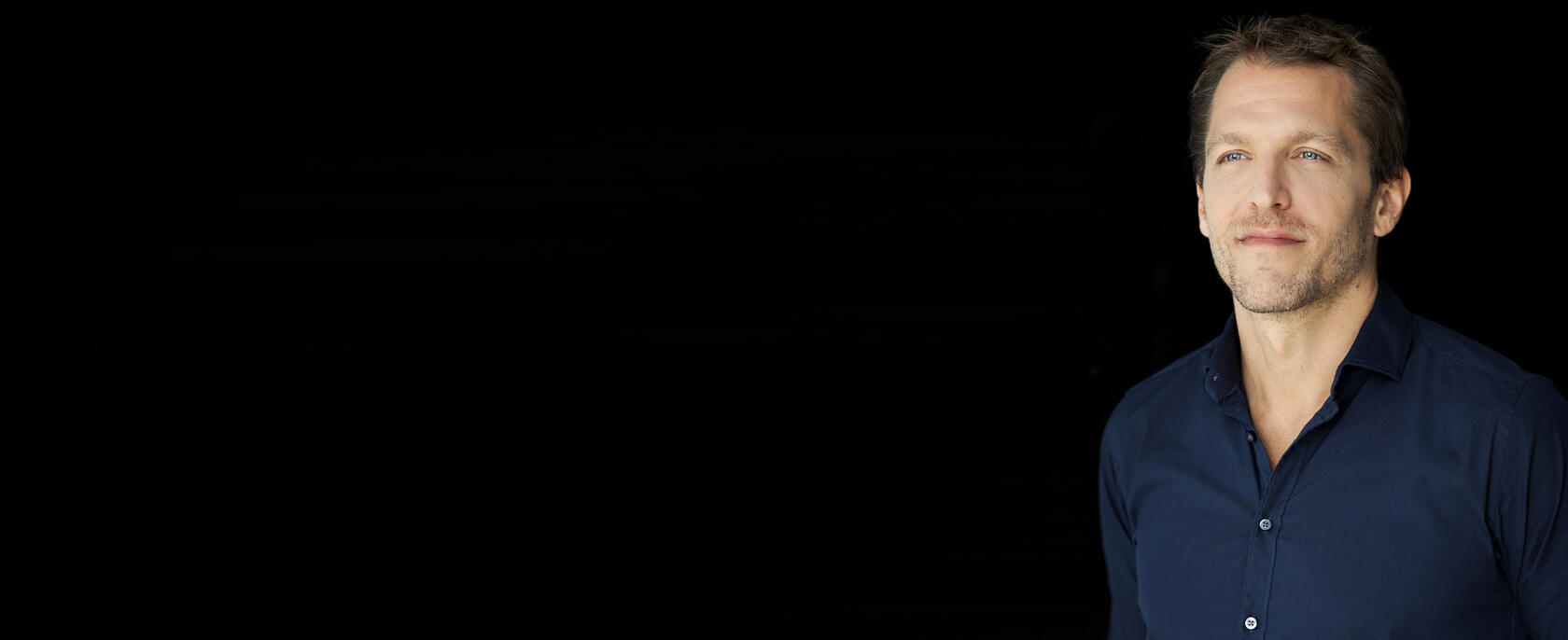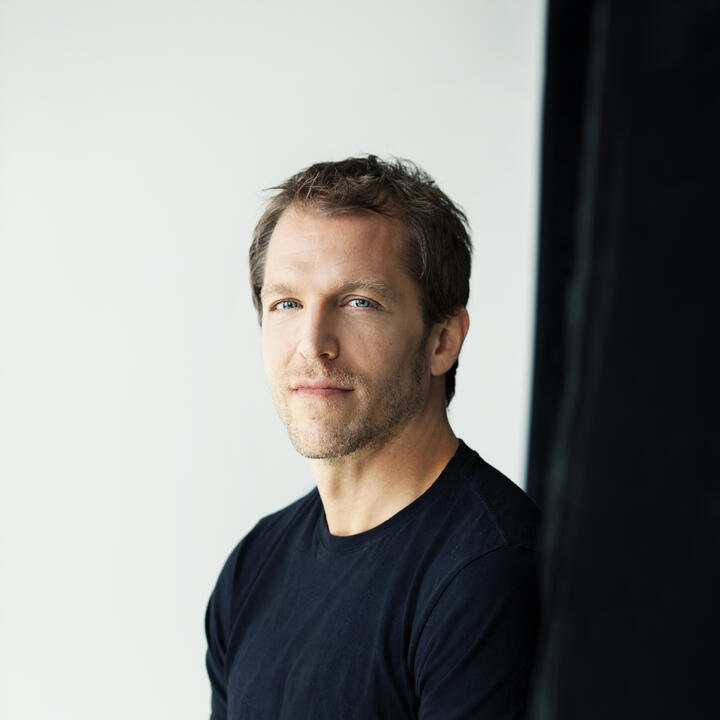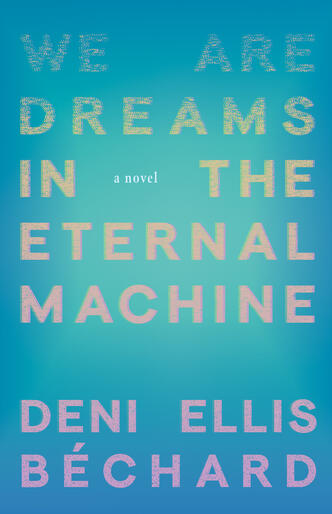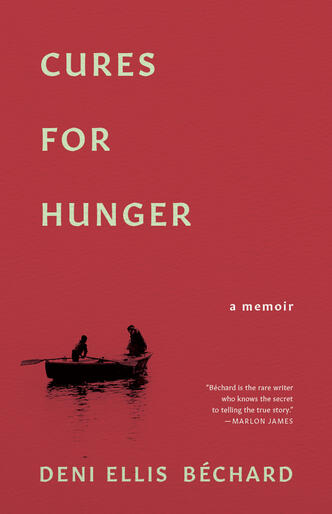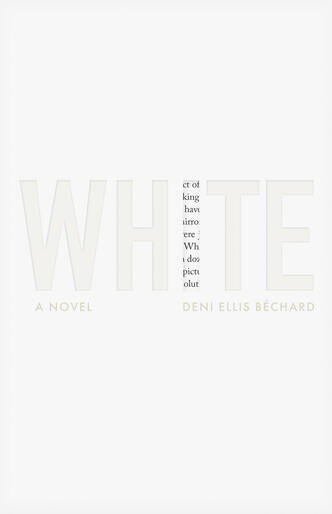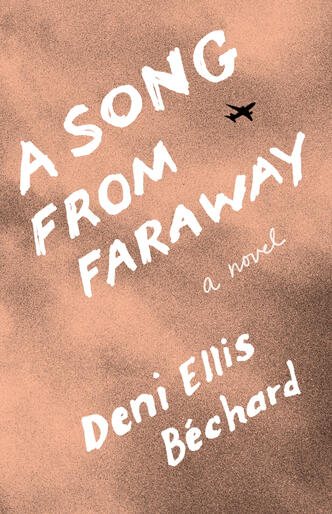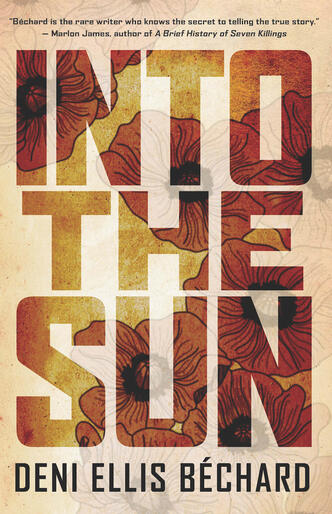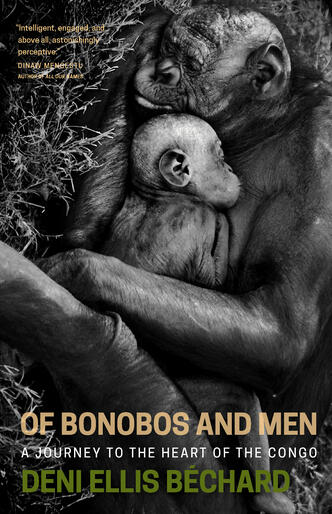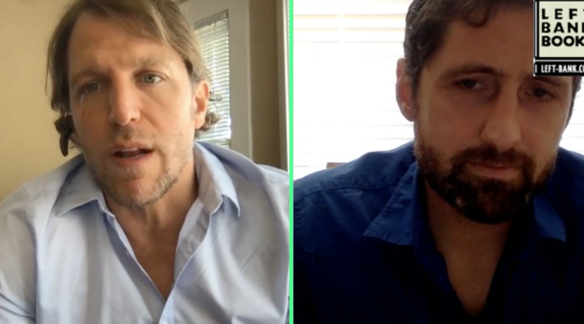Deni Ellis Béchard is the author of eight previous books of fiction and nonfiction, including Vandal Love, winner of the 2007 Commonwealth Writers Prize, and Into the Sun, winner of the 2016 Midwest Book Award for Literary Fiction and selected by CBC/Radio-Canada as one of the most important books to be read by Canada’s political leadership. His work has received the Nautilus Book Award for Investigative Journalism and has been featured in Best Canadian Essays. He has reported from India, Cuba, Colombia, Iraq, the Democratic Republic of Congo, and Afghanistan, and his writing has been published in dozens of newspapers and magazines, including Salon, the Los Angeles Times, the Paris Review, Pacific Standard, and Foreign Policy.
Like this author? Sign up for occasional updates
Books by Deni Ellis Béchard
A Literary Hub Notable Book of the Year
A Millions Most Anticipated Book of 2025
Featured in Reactor’s New Science Fiction Books
Featured in Book Riot’s New Science Fiction and Fantasy Books
When young Deni’s mother leaves his charismatic father, the boy learns of his father’s true identity: André Béchard was once a bank robber—and so Deni’s imagination is set on fire. This deeply affecting memoir is at once a highly unconventional portrait of the artist as a young man and an extraordinary family story.
Assigned to write an exposé on one of the most elusive and corrupt figures in the conservation world, a journalist finds himself on a plane to the Congo. His harrowing search leads him into an underground network of sinners and saints.
Animated throughout by a striking beauty and ferocity, A Song from Faraway pieces together “stories we tell about ourselves,” illuminating the human condition and our times.
When a car explodes in Kabul ten years after 9/11, a journalist discovers that its passengers—three fellow ex-pats—had formed an unlikely love triangle. As the journalist learns more, the narratives of their lives become inseparable from the story of America’s imperial misadventures.
How are bonobos like us, what can they teach us, and how can we save them? Combining elements of travelogue, journalism, and natural history, this incomparably rich book takes readers deep into the Congo to examine these great apes and the people who have dedicated their lives to protecting them.
A family curse, a genetic trick resulting from centuries of hardship, causes the Hervé children to be born either giants or runts. In assured and mystically powerful prose, this novel follows generations of the family across North America and through the twentieth century.
Related Media
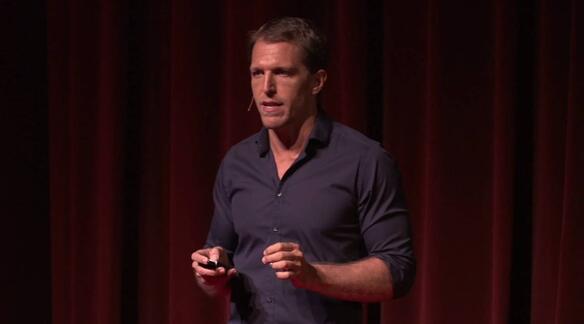
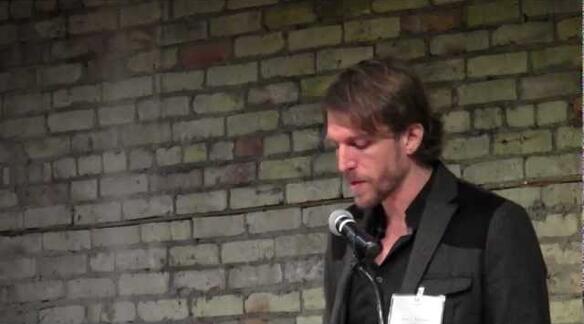
Author Q & A
- Question
How much of Into the Sun is inspired by the interactions you had with working journalists and aid workers while living in Kabul, and how much is more broadly based on your own experience in conflict zones such as Afghanistan, Iraq, and the Congo?
Milkweed EditionsAnswerWhen I first began working in Kabul, I was surprised by how expats often advertised their work and adventures with what appeared to be a sense of showmanship. I often perceived something vaguely opportunistic in the risks people took, as if they were more interested in the swashbuckling narratives they were constructing (often via social media) than in the work they were there to accomplish. I began to see America’s presence in Afghanistan as a neocolonial project that wasn’t dramatically different from the British or French colonial projects half a century earlier, with expats living protected lives, largely cut off from the local people while being served and protected by them.
The scene with the rocket attack in downtown Kabul—when a rocket fired from the mountains strikes the side of the Serena Hotel—very closely follows an experience I had, and all the details were those I observed. Many Afghans I spoke with also helped me construct scenes in the book based on their own stories, such as the suicide bomb attack on the American convoy and the young Afghan who, disoriented by the explosion, reaches down and picks up the jawbone of one of the attackers without realizing what he’s done.
- Question
In reading the first-person sections of the book narrated by Michiko, the journalist character, I surprised myself by assuming, at first, that she is a man. How did the gender dynamics in Kabul play into this decision, and how did they transform throughout the novel?
Milkweed EditionsAnswerIn her daily interactions, Michiko, who is androgynous, lets people project their understanding of gender on her and works with their projections—or she manipulates their understanding of gender to pass as a man or a woman when it is most convenient for her. I wanted to let readers engage with her the way many people in her life do, and the reaction of most readers is to think she’s a man because she’s dating a woman. The realization that she is a woman prepares readers to have their projections overturned throughout the rest of the novel, as I hope is the case with other characters, including Idris, the Afghan main character whose narrative takes over in the end.
There is also a strong theme of gender violence in the novel that creates tension between the vision that many expats have of being saviors of Afghan women, even though they are from cultures with a great deal of gender violence, like the United States, Canada, or Japan.
- Question
How do you hope readers will perceive war and media after reading Into the Sun?
Milkweed EditionsAnswerI began working on the book in 2009 because I was fascinated with the expat culture of the civilian surge and found myself asking how such a thing could be both civilian and a project created and funded by the United States government with a military goal in mind—to “win hearts and minds” (a trope widely used in Afghanistan, Iraq, and Vietnam).
So much has been written about military engagement—the firefights and the daily lives of soldiers and their homecomings—but I wanted to address the sort of frontier culture that arises in expat communities. These individuals are often highly critical of their governments and of the war, and yet are often a part of the mechanism of that war. Just as a book like David Abrams’s Fobbit showed readers the often absurd bureaucratic workings of military life inside the Forward Operating Bases, Into the Sun takes the reader into expat culture, with its war zone visionaries, its cowboy aid workers, its adrenaline junkies, and its world-savers, many of whom are reinventing themselves after relatively mundane lives in America or elsewhere. Later, the book shifts the focus to show how a young Afghan raised during the Kabul aid bubble, seeing the boomtown ambitions around him, tries to make sense of his future and reinvent himself as well.
You Might Enjoy
The Last Quarter of the Moon: Translator Q&A with Bruce Humes
In this conversation, we talk with celebrated translator Bruce Humes about his favorite reads and bookstores, as well as the…
In Person: Julie Schumacher at Exile in Bookville
Join Julie Schumacher at Exile in Bookville for a reading and discussion of her latest work, Patient, Female.
